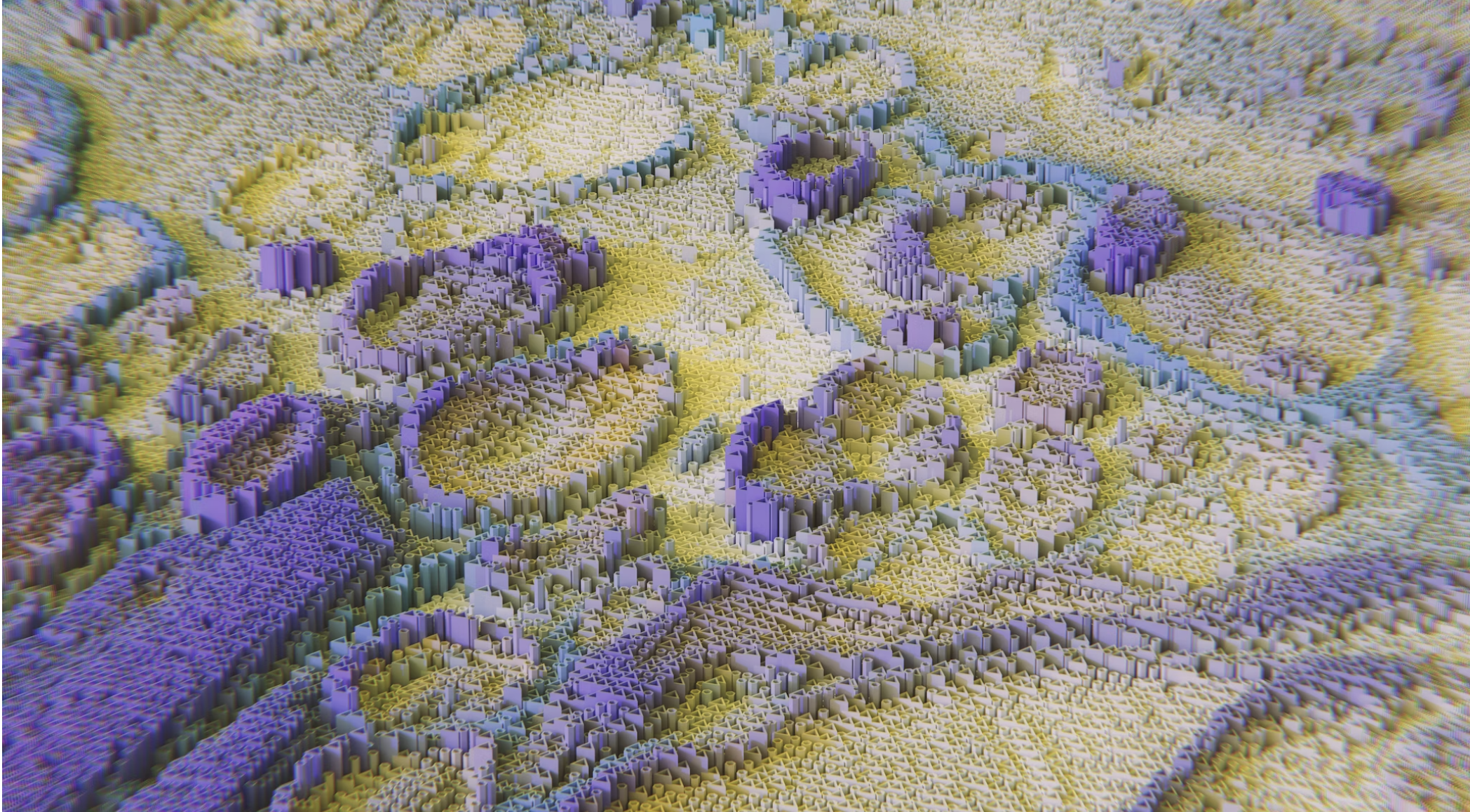Generative Artificial Intelligence (AI) has emerged as a revolutionary technology, transforming the landscape of machine learning. With its ability to create, mimic, and innovate, Generative AI has opened up new horizons in various domains, from content creation and design to drug discovery and data augmentation. In this article, we will explore the fascinating world of Generative AI and delve into its immense potential, applications, and impact on various industries.
The Essence of Generative Artificial Intelligence
Generative Artificial Intelligence, also known as Generative AI, refers to a branch of machine learning where AI systems learn to create new and original content, such as images, texts, music, and even videos, by analyzing vast amounts of existing data. However, unlike traditional AI models that rely on pre-defined rules and patterns, Generative AI models utilize advanced algorithms, such as Generative Adversarial Networks (GANs) and Variational Autoencoders (VAEs), to generate novel outputs that closely resemble real data.
Applications of Generative AI
Generative AI has revolutionized industries with remarkable applications across numerous fields. Prominent use cases include:
In content creation, Generative AI empowers artists, writers, and designers, providing them with a powerful tool to create captivating content. It generates unique artworks, designs, music, and narratives, pushing the boundaries of imagination for creative professionals.
Generative AI plays a vital role in data augmentation, a technique widely used in machine learning to enhance the quality and quantity of training data. By generating synthetic data resembling real-world examples, it aids in training more robust and accurate models. This leads to improved performance in tasks like image classification and natural language processing.
The pharmaceutical industry has embraced Generative AI for drug discovery processes. By analyzing vast chemical and biological datasets, Generative AI algorithms generate novel molecular structures with potential therapeutic properties. This technology expedites the identification of new drug candidates, reducing costs and time compared to traditional trial-and-error methods.
The Impact of Generative AI on Industries
Generative AI is profoundly impacting industries, unlocking new possibilities and transforming traditional approaches. Its influence can be observed in:
In the creative industries, encompassing art, design, music, and storytelling, Generative AI has caused a paradigm shift. However, artists and creators now leverage AI-generated content to produce unique experiences, fostering innovation and pushing artistic boundaries.
In healthcare and medicine, Generative AI has the potential to revolutionize personalized treatments and drug discovery. By analyzing patient data, Generative AI models can predict disease outcomes and recommend tailored therapies, thereby improving patient care and reducing healthcare costs.
Similarly, in manufacturing and engineering, Generative AI is reshaping sectors by enabling the design of highly optimized products. Through AI-generated models and simulations, engineers can explore countless design variations. Consequently, this enhances performance, reduces waste, and increases manufacturing efficiency.
Generative Artificial Intelligence represents a groundbreaking advancement in machine learning, empowering us to create, innovate, and transform industries. From enabling novel content creation to revolutionizing drug discovery and personalized medicine, Generative AI reshapes the way we think, work, and interact with technology. As this technology evolves, its impact will expand further, revolutionizing industries and driving us towards a future where possibilities are limitless. Embrace the power of Generative AI and unlock a world of endless creativity and innovation.
